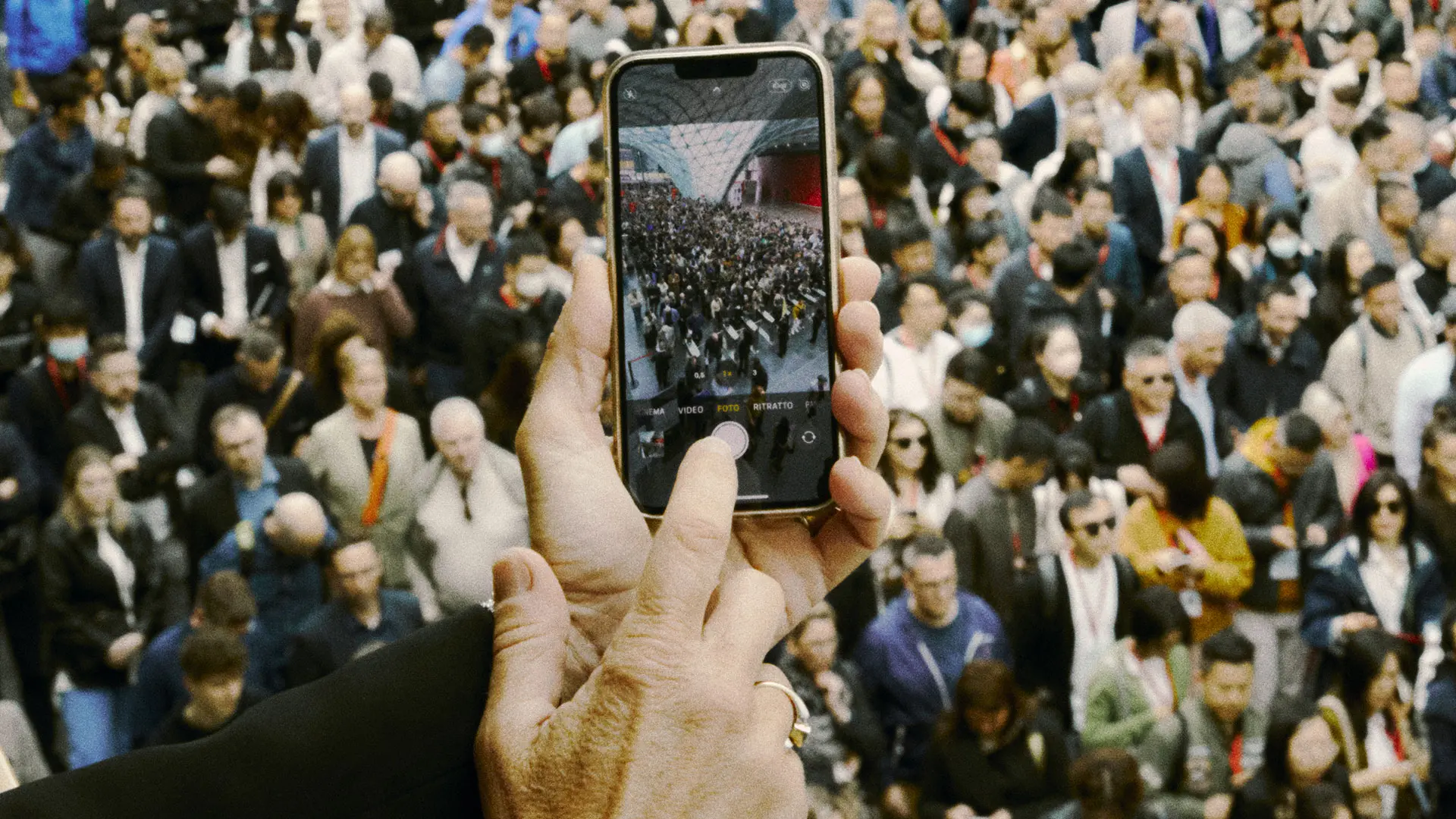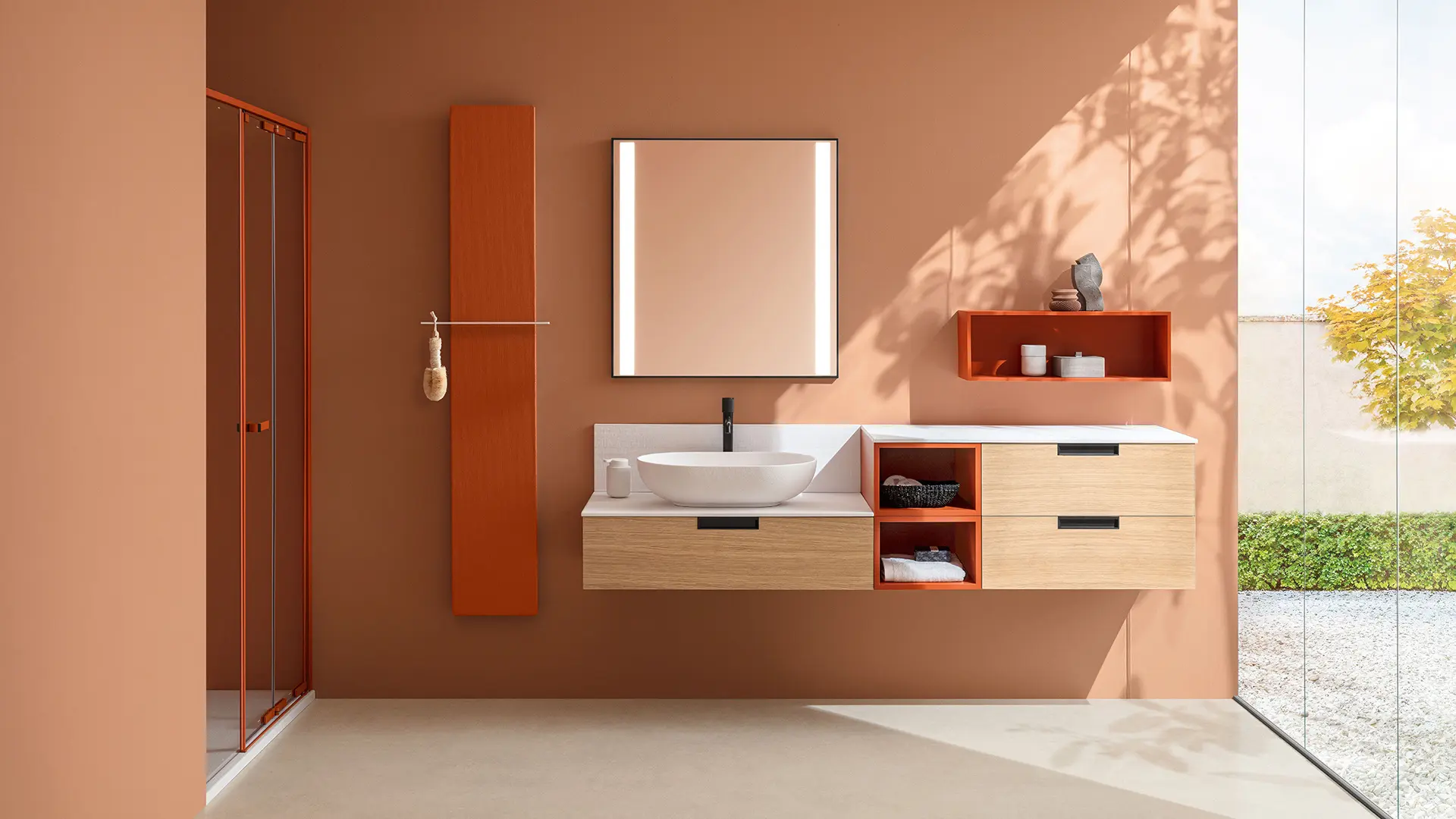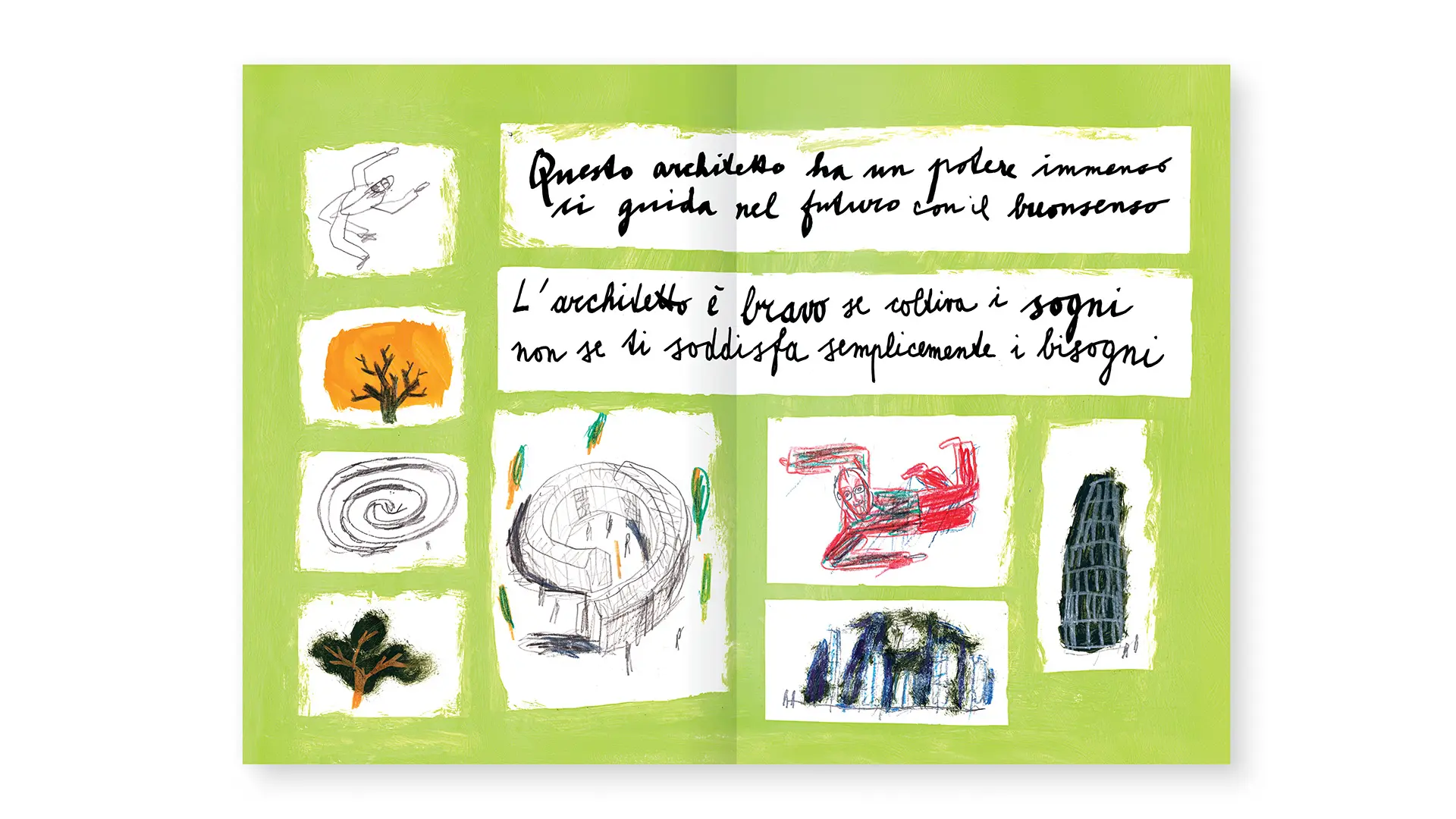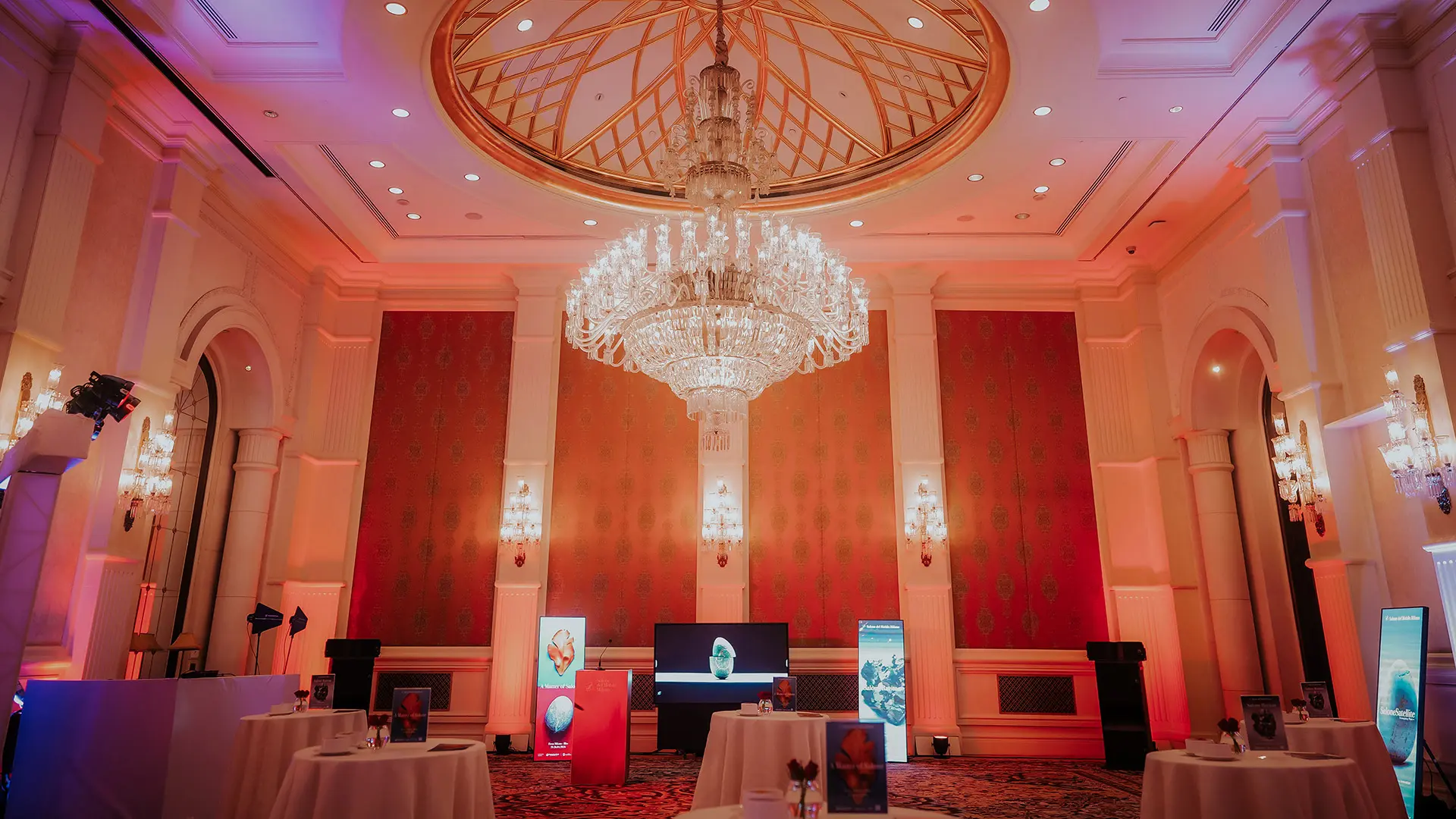With measured colour choices and bolder accents, bathrooms become spaces worthy of note
The Milan Design (Eco) System Working Groups are under way. Focus for 2025: the culture of design

Ph. Stefan Giftthaler
The Salone del Mobile.Milano, in collaboration with the Design Department of the Politecnico di Milano, will launch the second edition of the Milan Design (Eco) System Working Groups on 25th September, providing an opportunity for institutions and industry experts to swap ideas and contribute to the 2025 edition of the Salone Annual Report
Launched in 2024, Milan Design (Eco) System is a research project that explores Milan Design Week, starting from an analysis of data from the Salone and events held in the city, with the aim of measuring its impact and legacy and envisioning possible future trajectories. The first edition of the Report – 280 pages, 86 sources, 37 data holders and over 500 field observations – was presented last November at the Piccolo Teatro Grassi, with a lecture by Charles Landry. The 2025 edition will further expand the scope of the analysis thanks to the input of institutions, associations and players within the supply chain.
The theme of the new round tables is Design Cultures @Milano. The present and future of cultural design production in the city. Over 110 guests are expected to attend the invitation-only meeting, including museums, foundations, historical archives, trade and professional associations, architecture and design studios, researchers, curators and journalists, to share their experiences and perspectives. The aim is to identify emerging needs, opportunities and practices in order to understand how design has built and can continue to build a tangible and intangible cultural heritage capable of fuelling new forms of innovation and participation.
The results of the round tables will be included in a thematic section of the 2025 Report, together with insights from content leaders, documentation of the Salone 2025 Cultural Programme and an analysis of the main 'producers' of design culture active on the Milanese scene.
Ten themes will be addressed, ranging from public and private cultural policies in the field of design to alternative cultures and emerging practices, from the role of training and research to new audiences, and innovation networks involving territorial ecosystems and design culture. Giampiero Bosoni, critic and Professor at the Politecnico di Milano, will introduce the meeting. Leading the round table discussions in the role of Content Leaders will be: Alessia Cappello, Councillor for Economic Development and Labour Policies, Municipality of Milan; Angelo Crespi, Director General, Pinacoteca di Brera; Marco Sammicheli, Curator of Design, Fashion and Crafts, Triennale Milano – Director, Museo del Design Italiano; Isabella Inti, Founder of Temporiuso.net – Co-director of M-US-T Master Temporary Uses, Politecnico di Milano; Domenico Sturabotti, Director, Symbola Foundation; Angela Rui, Curator, researcher, Head of MA Programmes IED Milan; Stefano Micelli, Professor, Ca' Foscari University of Venice; Walter Mariotti, Editorial Director, Domus; Andrea Rurale, Director of the Intensive Programme of Arts Market and Finance and Monitor Art Market, Luigi Bocconi University and Luciano Galimberti, President, ADI.
Analysing the cultural production of design allows us to dig deep into ethical, environmental, economic and political issues. It means understanding how communities envision and represent themselves, For the Salone, the Working Tables represent a moment of dialectical discussion, a pause for shared reflection, an invitation to focus on Milan as the design capital of the world and beyond, as Charles Landry reminded us last year during the public presentation of the first edition of the Report, a project created as a tool for reading the city, for the city.
The Milan Design (Eco) System research and the Working Tables are curated by Susanna Legrenzi, Press & Communication Strategy Advisor, Salone del Mobile.Milano; Francesco Zurlo, Dean of the School of Design, Politecnico di Milano; Stefano Maffei, Professor, Politecnico di Milano; Massimo Bianchini, Professor, Politecnico di Milano; and researchers Francesco Leoni and Filippo Parolini.


 Exhibitions
Exhibitions








